
View Vetwebsites Articles
Mange in cats

My cat is scratching relentlessly and has begun to lose patches of fur. She looks pretty unhappy. What can I do?
What is mange?
Mange is a skin condition that develops when there is an infestation of parasitic mites or an overpopulation of mites on or in a cat’s skin. The presence of these mites, some of which burrow into your cat’s skin, causes itching, redness, and other uncomfortable symptoms. As with dog mange, cats can suffer from different types of mange based on the types of mites present on their skin. In this article we explore the different types of mange that cats can get, how the different types of mange are diagnosed and what can be done to
Mange in dogs
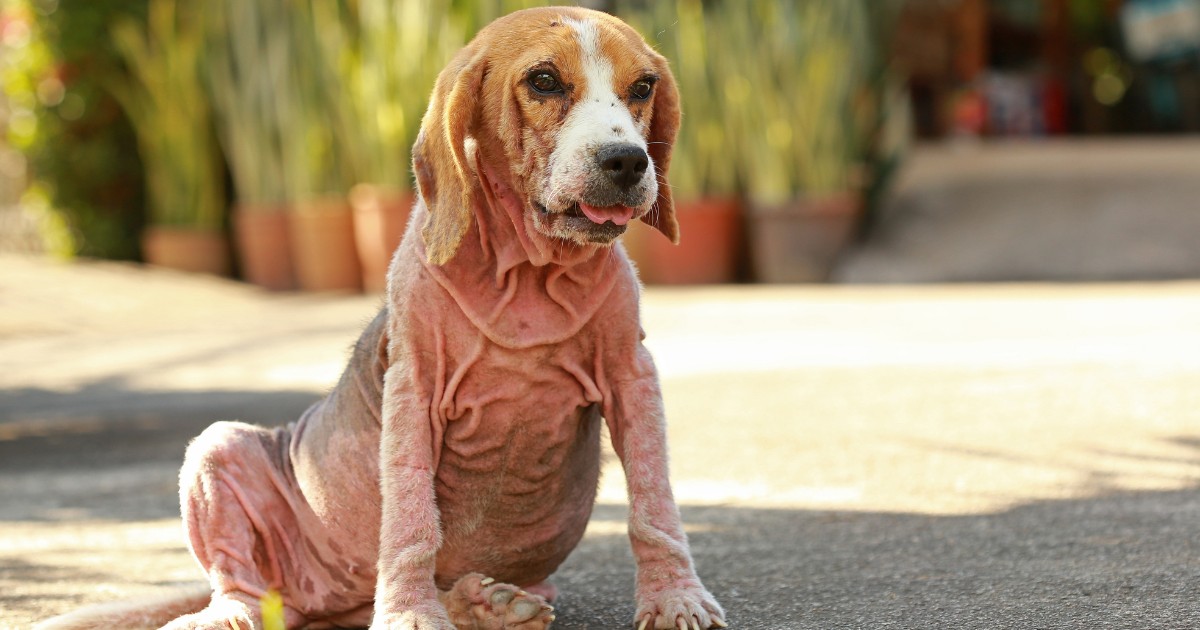
My young dog's fur is falling out - it started on her face and around her eyes. She's not scratching a lot, but is feeling under the weather. What could it be?
What is mange?
Mange is a skin condition in pets caused by an overpopulation or infestation of parasitic mites. The mites burrow into an animal’s skin (sarcoptic) or over-populate the hair follicles (demodex), causing either itchiness and thickened skin, or skin changes and hair fall. There are different types of mange caused by different species of microscopic mites – the most common being demodectic mange and sarcoptic mange. In this article, we’ll explore the symptoms of mange, how the different types of mange are diagnosed and treated, and whether mange is contagious to humans.
Uveitis
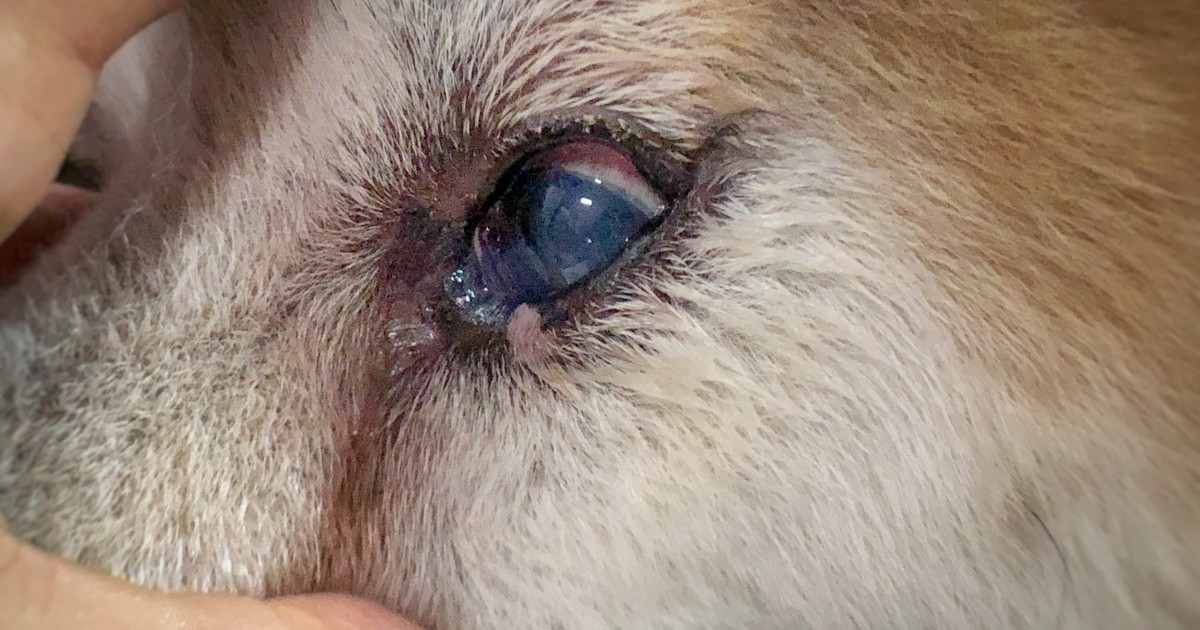
My dog's eye looks a bit cloudy and appears to be shrunken. Sometimes he behaves like he can't see properly.
Uveitis – pronounced ‘yoo-vee-i-tis’ – refers to inflammation inside the eye. The disease can occur in dogs and cats of any age and breed. Patients with uveitis will show signs of pain, redness and cloudiness of the eye. There are many potential causes and sometimes the cause is never found. Prompt treatment is necessary to avoid severe long-term consequences; even blindness. In this article we will discuss the possible causes, symptoms, diagnosis and treatment of uveitis in pets.
Adverse Food Reaction in Pets

My pet eats a premium pet food, but they are getting sick. Help!
As logic would go, feeding your dog or cat a high-quality, premium pet food would ensure their nutritional needs are met and they would thrive and live a long and healthy life. This is every pet owner’s objective for their beloved pet. However, some pets – both dogs and cats – can experience what is called an adverse food reaction. In this article, we’ll explore what adverse food reactions are, what causes them, when to take your pet to the vet, and how adverse food reactions are diagnosed and treated.
Pancreatitis in cats

My cat is vomiting, lethargic and has no appetite
The pancreas is an organ located near the stomach and alongside the small intestine. It is responsible for producing digestive enzymes and hormones (such as insulin) that regulate blood glucose. In cats, pancreatitis is a serious condition in which the pancreas becomes inflamed leading to poor appetite, listlessness, dehydration and vomiting. It is also commonly diagnosed together with other diseases and can have life-threatening and severe long-term effects. In this article we will discuss the causes, symptoms, diagnosis, treatment and prevention of pancreatitis.
Pancreatitis in dogs
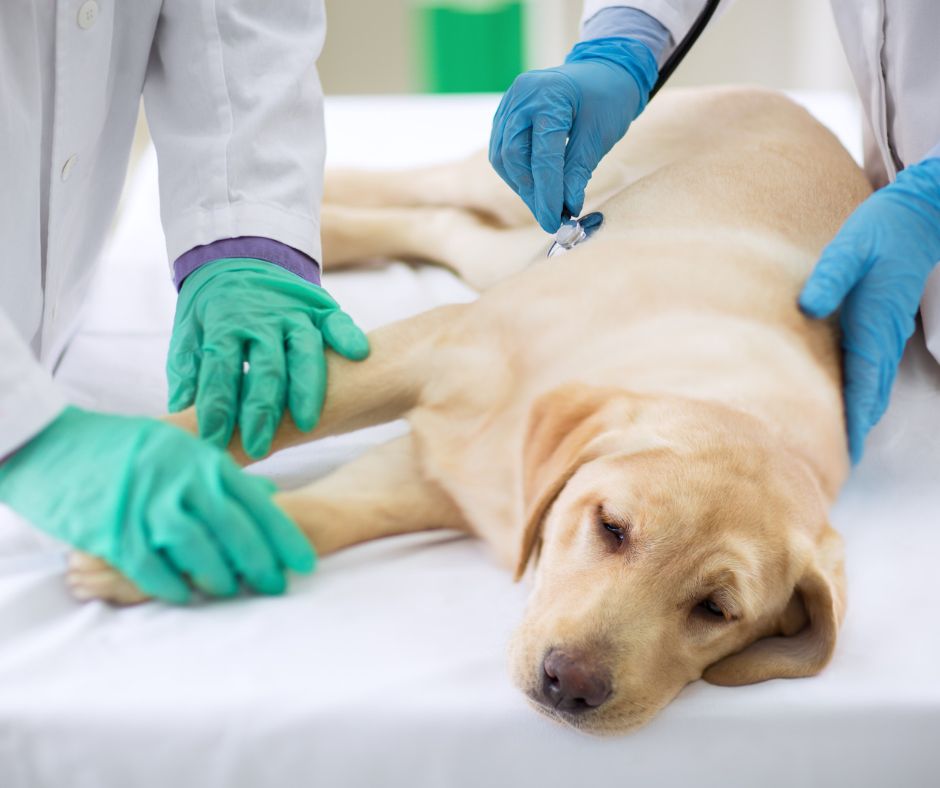
My dog is vomiting and has a very sore tummy
The pancreas is an organ located near the stomach and alongside the small intestine. It is responsible for producing most digestive enzymes as well as hormones (such as insulin) that regulate blood glucose. Pancreatitis in dogs is the condition we see when the pancreas becomes inflamed, leading to vomiting and abdominal pain. This disease can be life-threatening and have long-term effects. In this article we will discuss the causes, symptoms, diagnosis, treatment and prevention of pancreatitis.
Gastroenteritis in puppies
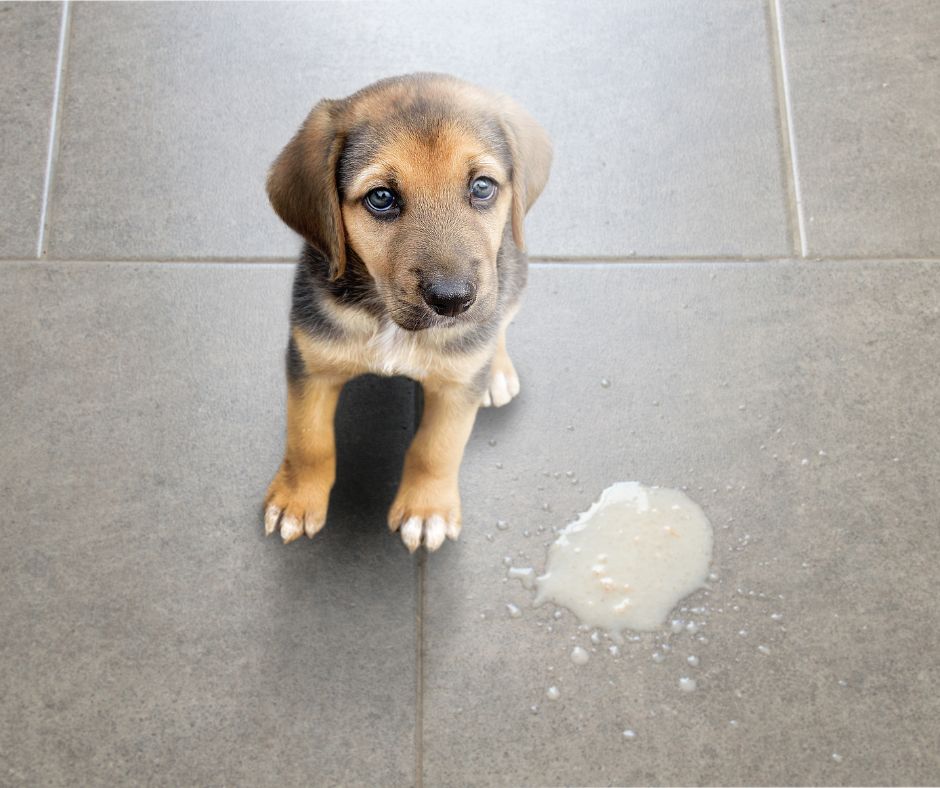
My new puppy has an upset stomach, what should I do?
Gastrointestinal problems are some of the leading causes of visits to the vet. Puppies in particular are extremely prone to tummy upsets, which can have various causes. Gastroenteritis is the technical term used to describe an upset tummy and symptoms include vomiting, diarrhoea, poor appetite and, in serious cases, lethargy and collapse. Let’s look at what causes gastroenteritis in puppies.
Gastric dilatation volvulus

My dogs abdomen is distended and he's acting very restless
It’s a scary situation when your dog looks like he has a bloated tummy, but he’s really experiencing a life-threatening medical emergency. Gastric dilatation volvulus or GDV is also called bloat, but it’s more than just a bit of air in the stomach. Its other name – gastric torsion – describes how, once inflated with air, the stomach can also twist around itself and cut off blood supply to other major organs. The body then goes into shock and the condition becomes life-threatening.
Heart diseases in dogs

My dog has a strange cough and fatigues easily
It is estimated that a little over 10% of all pets have some form of heart disease. There are many different reasons for the presence of heart disease – from genetics to poor diet, ageing, illness/infection and obesity – but what is common among all types of heart disease is that the condition does not simply go away on its own. It is usually progressive and, depending on how severe the symptoms are and when the dog is diagnosed with the disease, it can eventually lead to heart failure.
Eosinophilic granuloma complex in dogs and cats
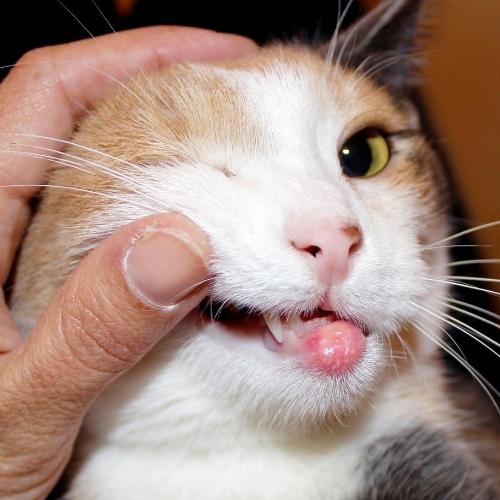
My cat has a strange sore - almost like a fever blister - on her upper lip
What is eosinophilic granuloma complex?
Eosinophilic granuloma complex (EGC) is a disease complex that presents in three main forms, namely an eosinophilic ulcer (also known as a rodent or indolent ulcer), an eosinophilic plaque or an eosinophilic granuloma. These conditions are more commonly found in cats and horses, and only occasionally in dogs.
